by Mark Adams
“Allow me to introduce my Amma, mother. My Love for food and cooking begins with my mom, my first teacher” (Padma Lakshmi, Taste the Nation (2020).
My mom was singularly responsible for my love of food and cooking, of being an adventurous eater, and appreciating the art and craft of cooking. Last year in quarantine I wrote a monograph about mental health in the restaurant industry that included a couple paragraphs about my mom. Gratitude to my brother Matt for doing the Ruby Tuesday blog about our mom and inviting me to share this prose this week.
“Allow me to introduce my Amma, mother. My Love for food and cooking begins with my mom, my first teacher” (Padma Lakshmi, Taste the Nation (2020).
My mom was singularly responsible for my love of food and cooking, of being an adventurous eater, and appreciating the art and craft of cooking. Last year in quarantine I wrote a monograph about mental health in the restaurant industry that included a couple paragraphs about my mom. Gratitude to my brother Matt for doing the Ruby Tuesday blog about our mom and inviting me to share this prose this week.
CARRIBEAN CUISINE
My mom, an immigrant from Trinidad came to America in the mid-1960s, and was an incredible home cook. At least one of her grandparents came to Trinidad from India, as an indentured laborer; one came from France and was an overseer of a sugar plantation. Another was a shopkeeper who sold his handmade coconut cakes and tamarind balls at the entryway of his small general store, where the family lived upstairs. My father, born and raised in Syracuse, New York, enlisted in the Marine Corps in the spring of 1961, and was stationed in Trinidad shortly after the assassination of JFK in November 1963. He met my mother in September 1964. I have a black and white photograph of one of their early dates, they were seated at a white linen covered table, my mom wore a corsage, my dad, a skinny tie and custom made, slim fit two-piece suit.
My mom, an immigrant from Trinidad came to America in the mid-1960s, and was an incredible home cook. At least one of her grandparents came to Trinidad from India, as an indentured laborer; one came from France and was an overseer of a sugar plantation. Another was a shopkeeper who sold his handmade coconut cakes and tamarind balls at the entryway of his small general store, where the family lived upstairs. My father, born and raised in Syracuse, New York, enlisted in the Marine Corps in the spring of 1961, and was stationed in Trinidad shortly after the assassination of JFK in November 1963. He met my mother in September 1964. I have a black and white photograph of one of their early dates, they were seated at a white linen covered table, my mom wore a corsage, my dad, a skinny tie and custom made, slim fit two-piece suit.
Diverse and delicious food was the centerpiece of our family life in Upstate New York. Her curry chicken and potatoes with buss up shut roti, was our comfort food. My favorite breakfast was bull johl with sliced avocado (zaboca) and fried bakes, the bull johl made with salt cod (bacalao) that came in small wooden boxes. I didn’t fully appreciate her cooking and food until I was an adult. She suffered a severe, debilitating depression for most of my adolescence, part of my origin story of becoming a psychologist, and my own legacy and longstanding struggle with depression. After college, she gave me a Revere Ware covered saucepan from her first collection of pots and pans. I still regularly use and cherish that stainless steel, copper bottomed pot. In another time and place, I could see my mom having a food truck.
True to her aesthetic, in 1995, the year her mother died, my mom made a DIY kind of foodzine cookbook, “Caribbean Cuisine,” with pages of stories, recipes, photos, drawings, and quotes each fastened together at Kinkos with a plastic spiral binding. She was also a painter and wrote in the introduction: “Pay attention to colour, variety and presentation are extremely important!”
I wrote a bad but earnest poem for Mother’s Day when I was in graduate school about my visits home, about our talking in the kitchen while she cooked, about eating her food, about our particular mother and son relationship, and about participating in the deep history of mothers (and grandmothers) cooking for their families. “For all his education, in the darkness of his room, he wondered at the generous spirit of this woman that was his mother.” My mom framed the poem and hung it in the hallway.
There is something deeply emotional about someone cooking for you, of being served food lovingly prepared, a seemingly basic yet profound and poetic expression of love and care; of visiting home and being greeted in the kitchen by my mom cooking, “I made your favorite, come sit and talk with me.” One of my greatest joys as an adult was to cook for my mom. The last elaborate meal I prepared for her (and my dad) was a classic French salad with a simple Dijon dressing and a slow roasted pork shoulder with ginger scallion noodles from the Momofuku: A Cookbook (2009). Today, my mom is afflicted with dementia and mostly doesn’t remember how to cook. The kitchen in my parent’s home, the home where I grew up, feels like an abandoned garden.
Full Monograph: Here Comes a Regular: A Psychologist’s Perspective on the Restaurant Industry in 2020
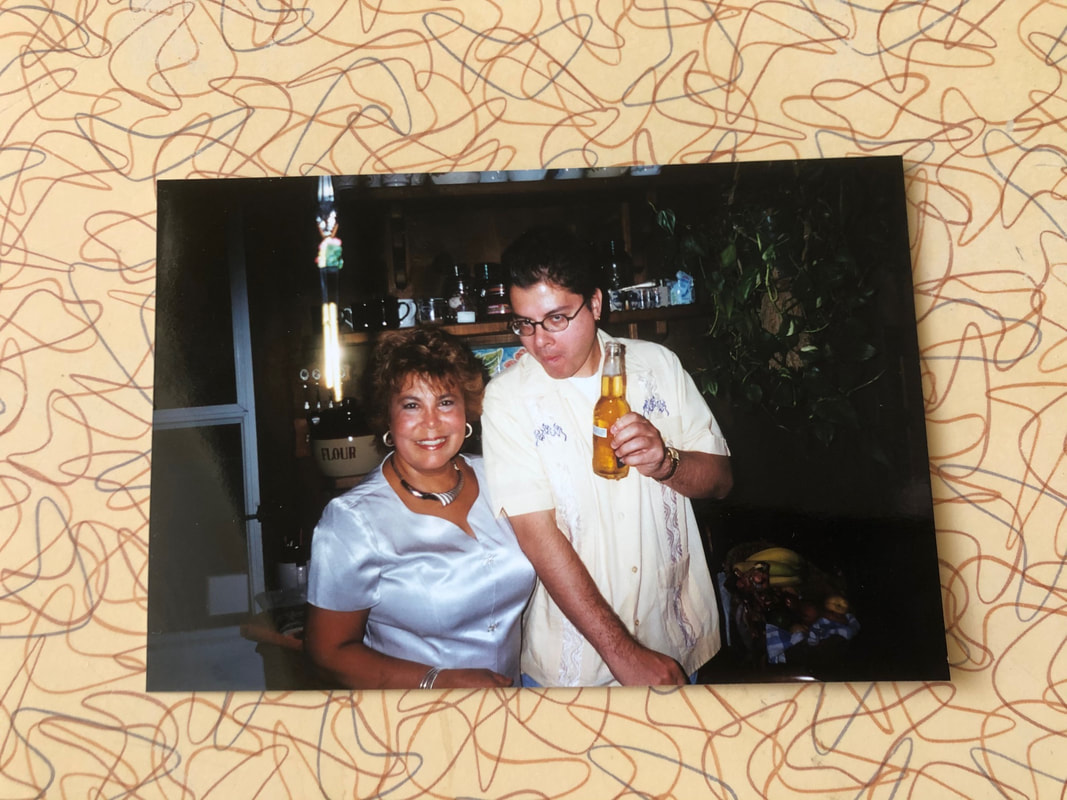
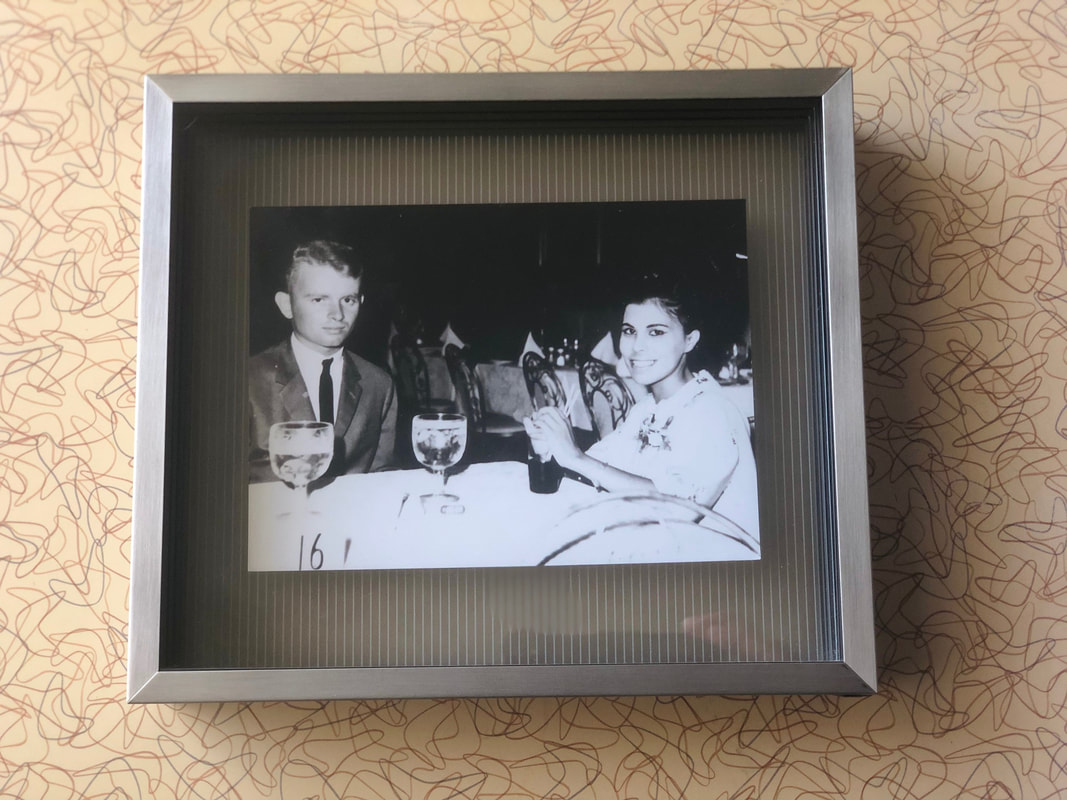
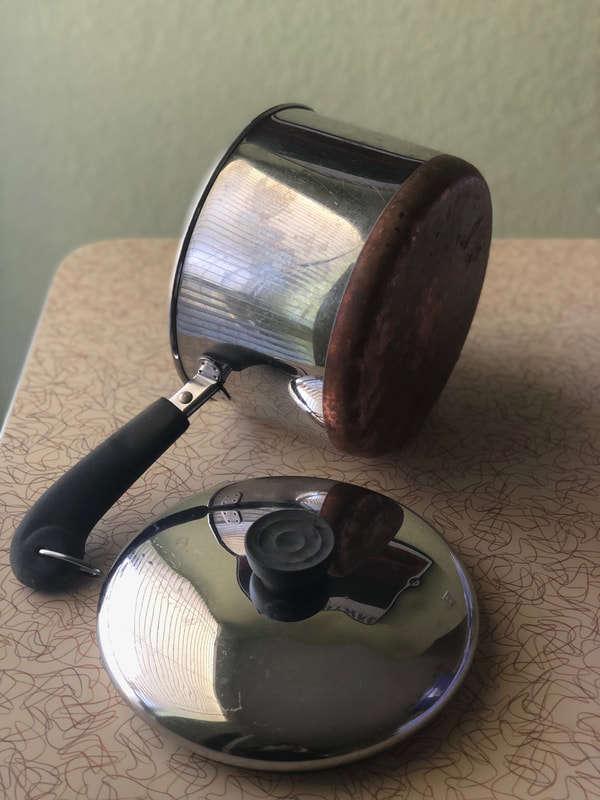
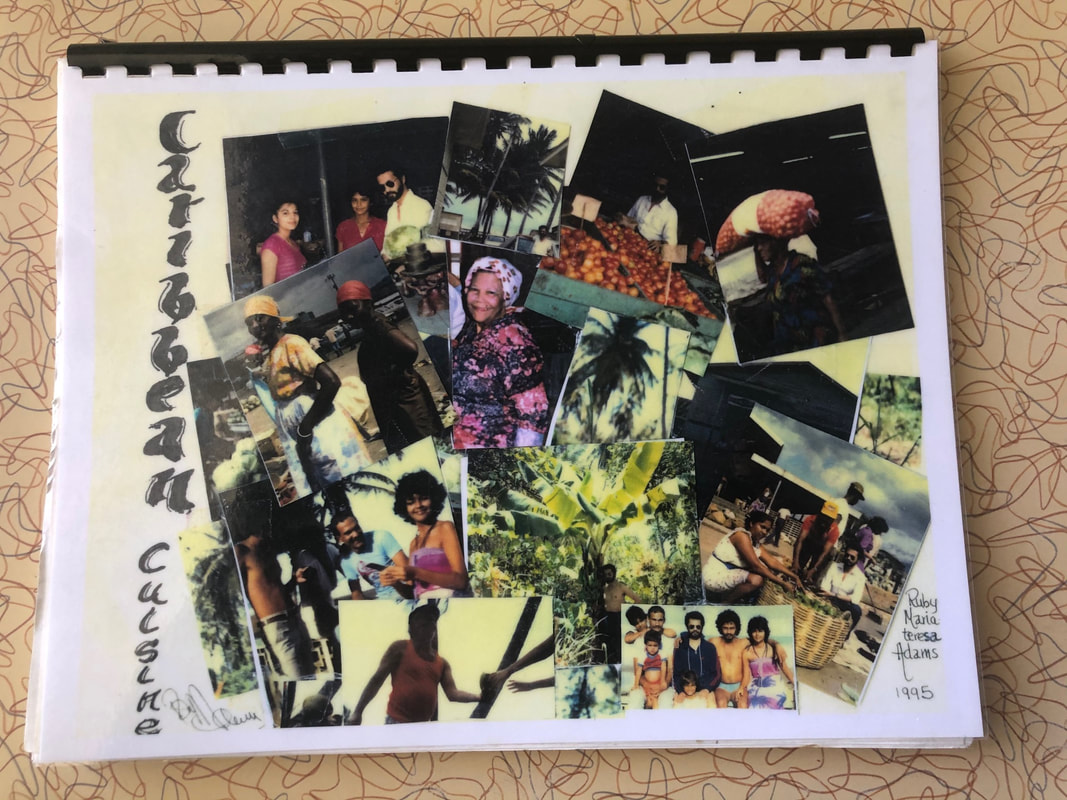
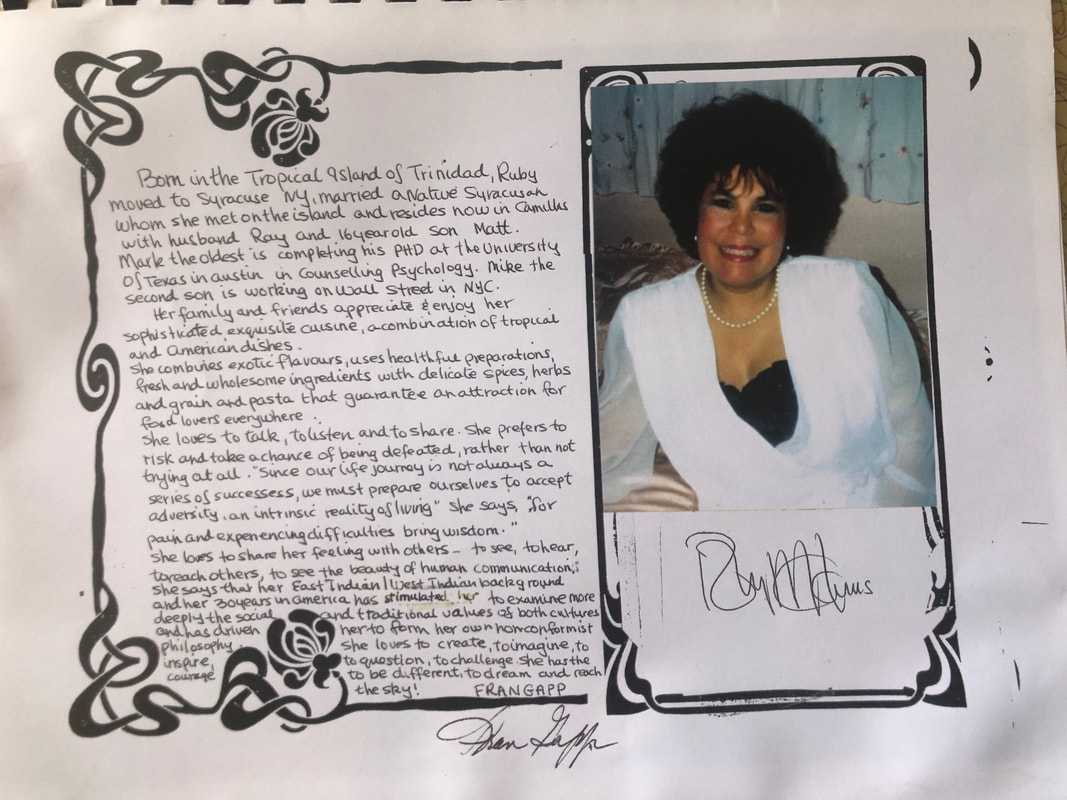
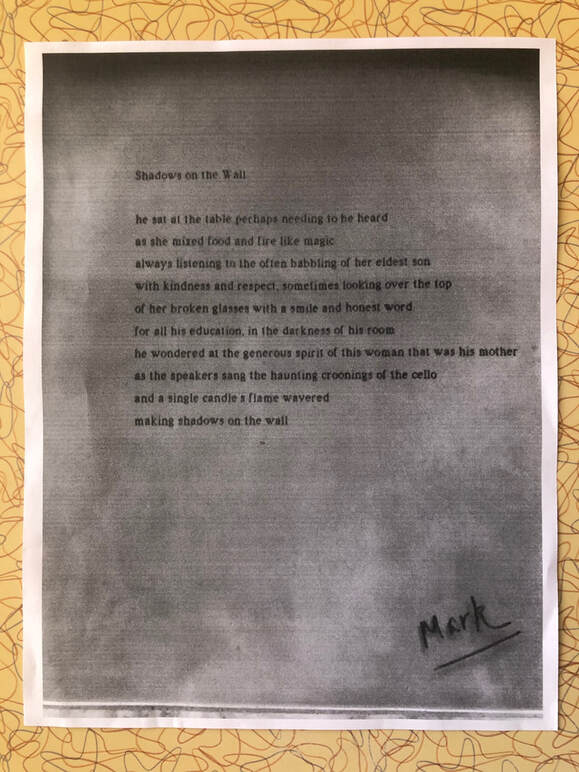
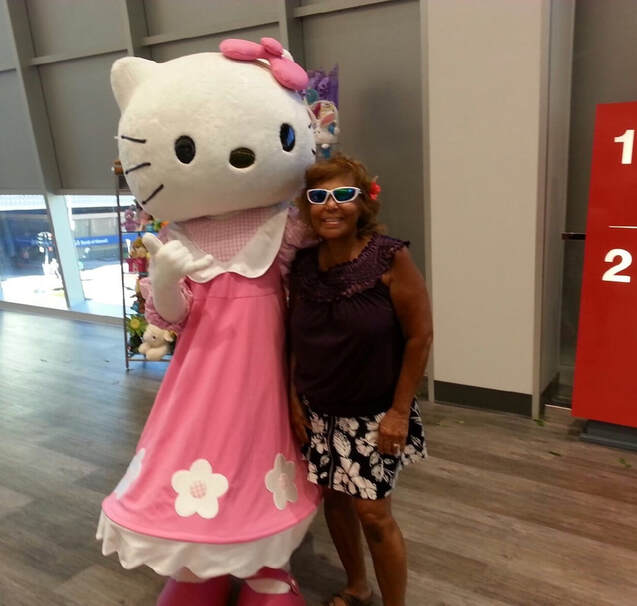
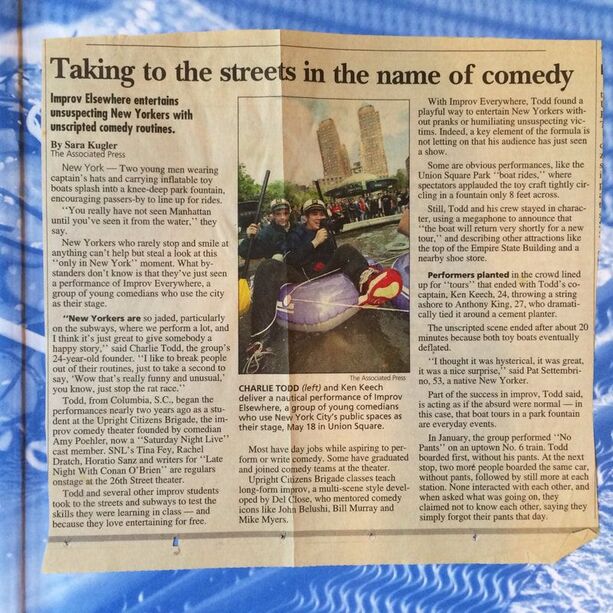

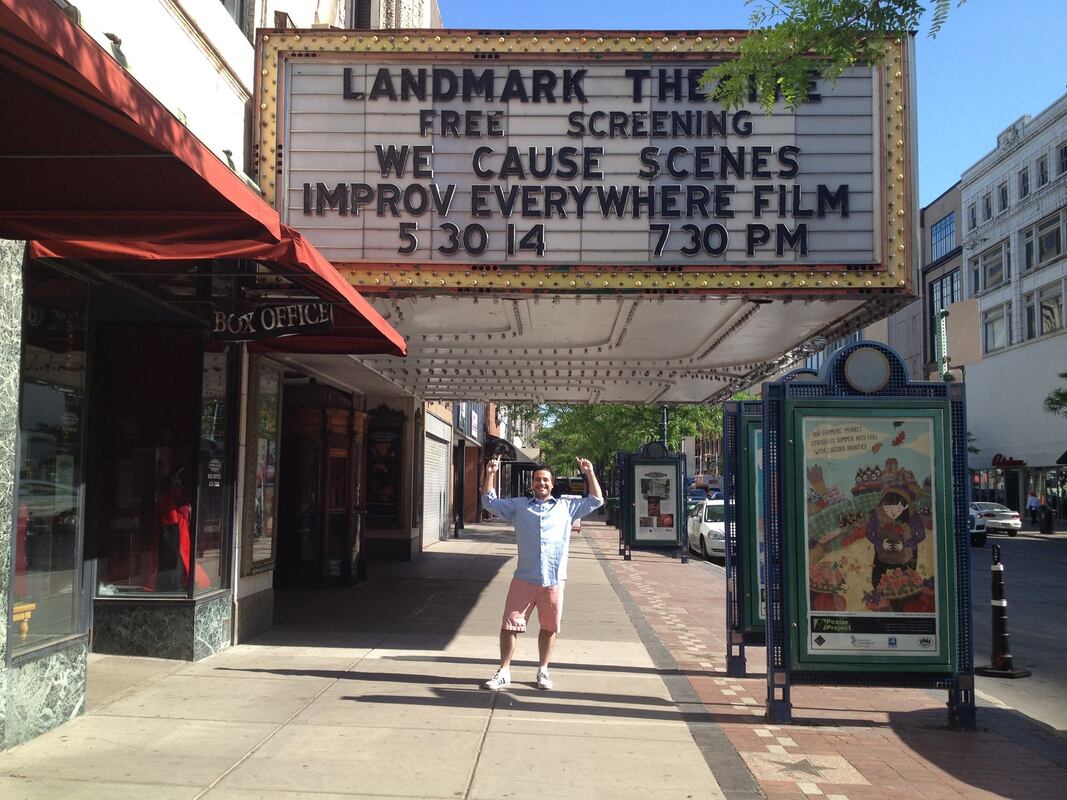
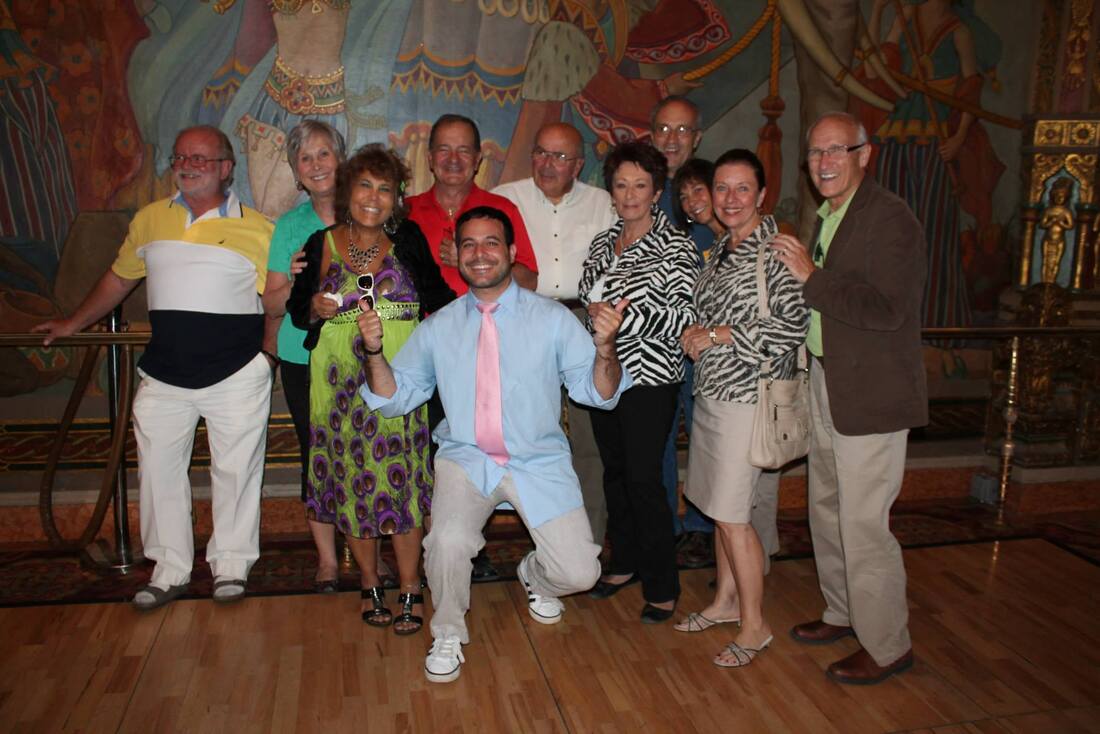
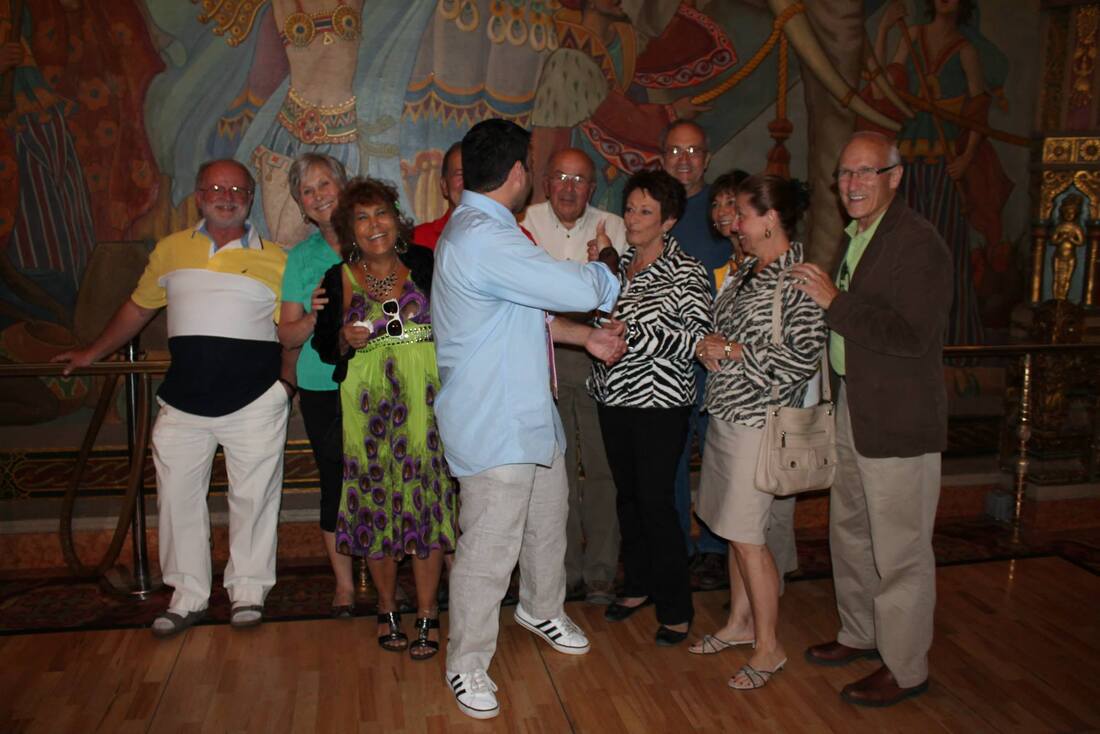

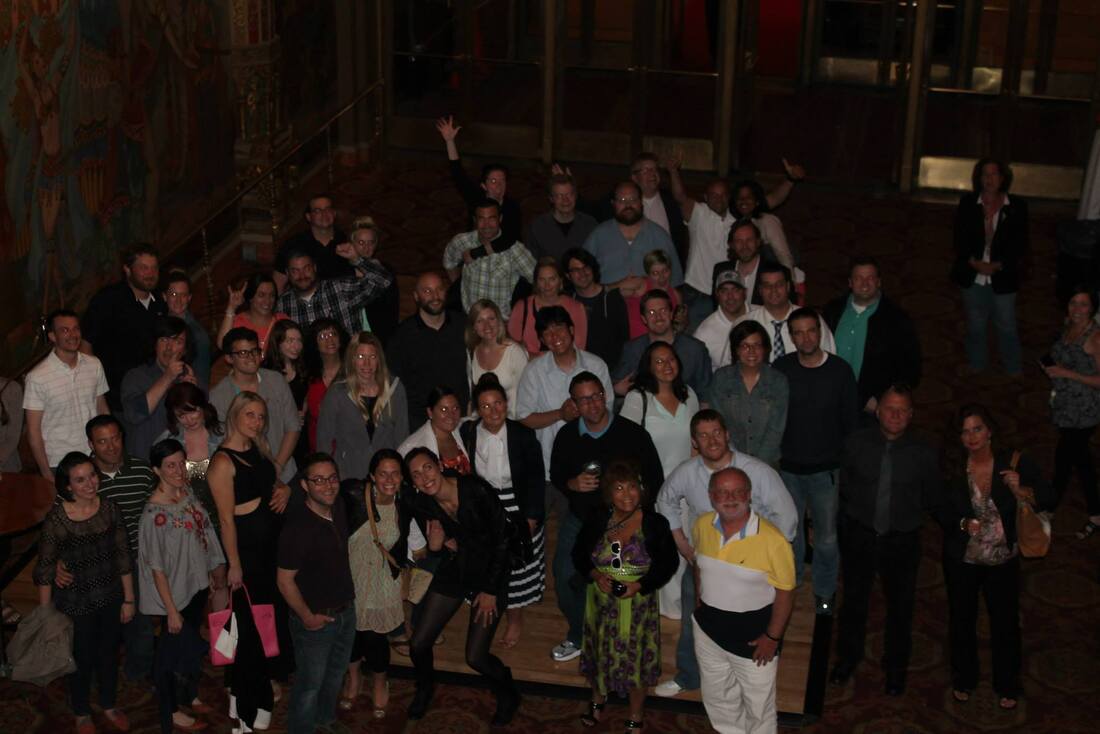
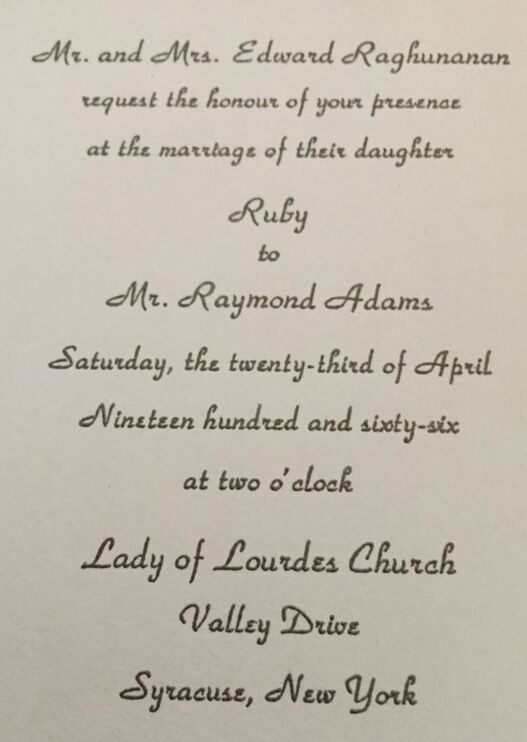
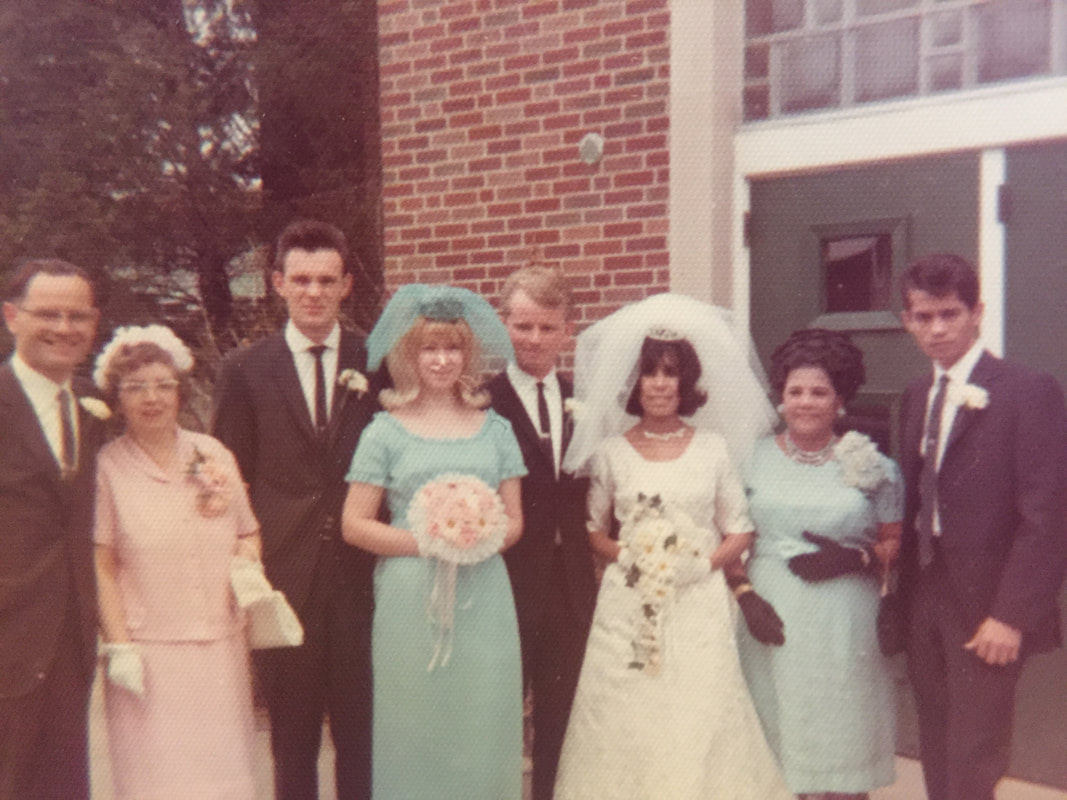
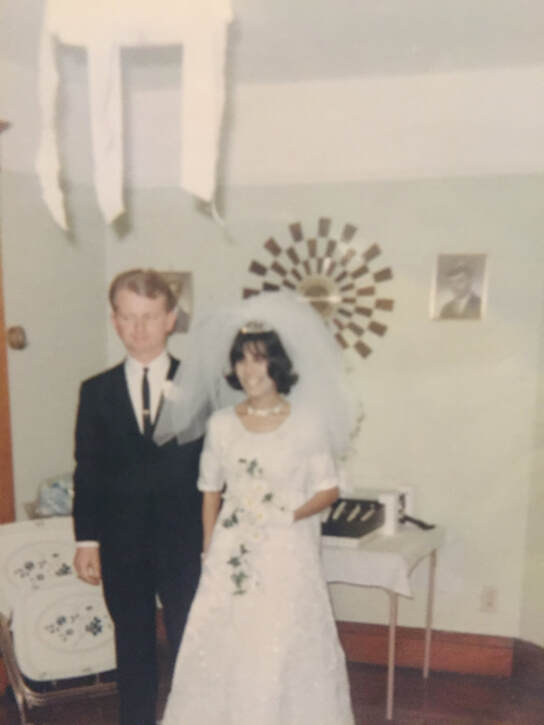
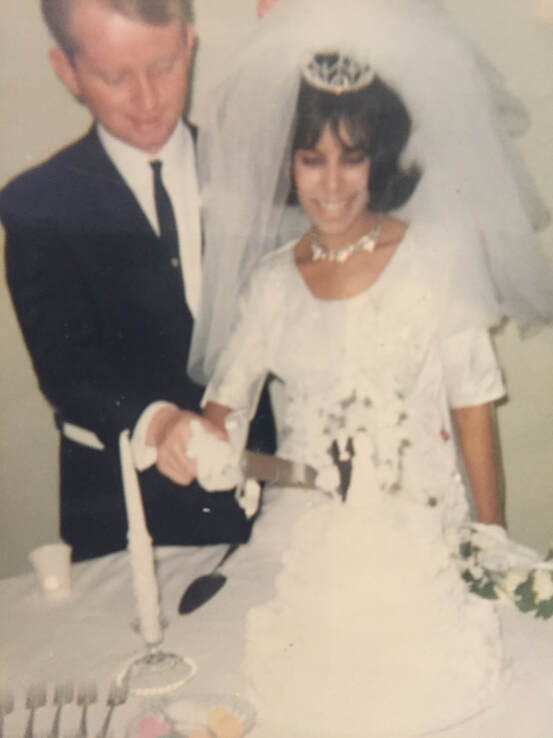
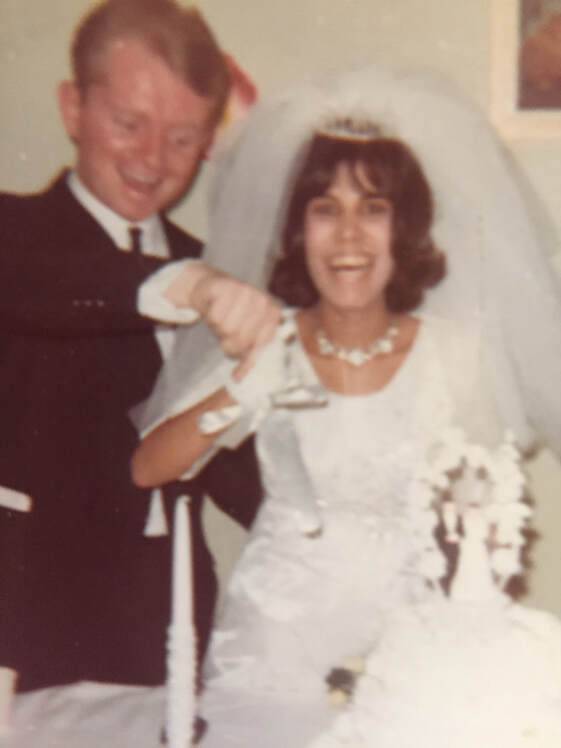
 RSS Feed
RSS Feed